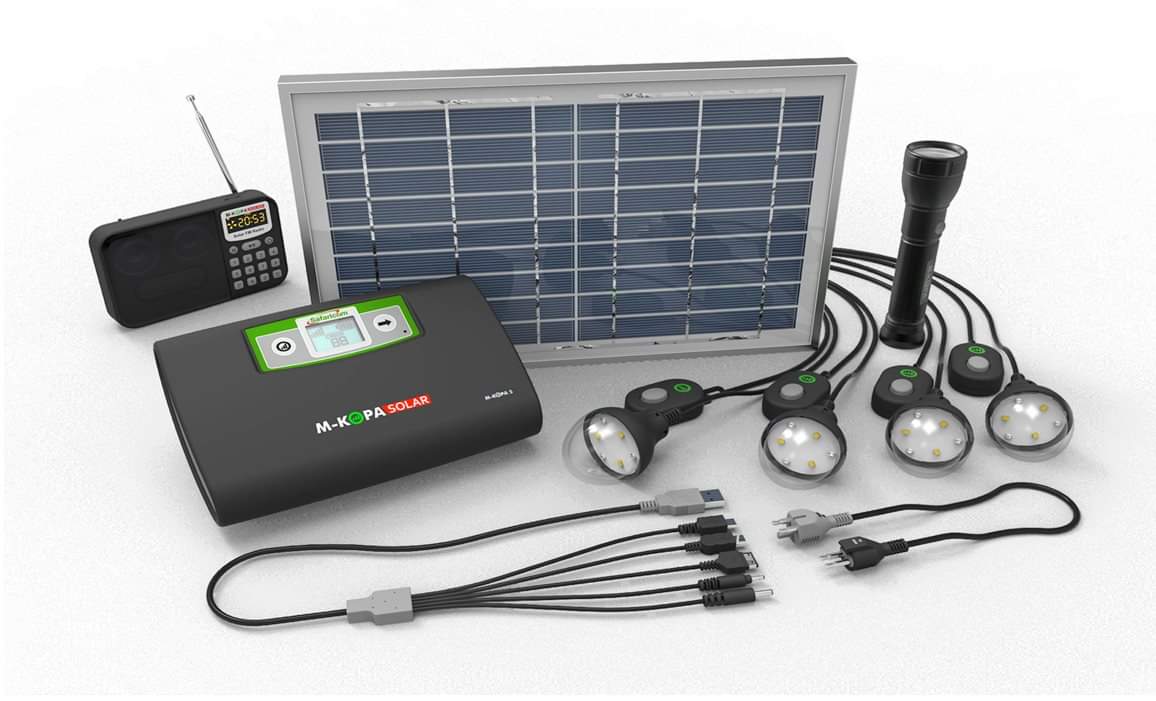The United Nations Capital Development Fund’s (UNCDF) CleanStart programme, together with the Embassy of Sweden, have announced eight winners from the Renewable Energy Challenge Fund (RECF): Solar Window.
The investment from RECF Solar and Clean Cooking windows will enable 200,000 people benefit from clean energy solutions with over 7,000 farmers, shop vendors, and schools to benefit financially.
Access to energy is critical for addressing poverty and development, however, there still exists a number of constraints to universal access to energy notably; lack of investment finance, limited purchasing power of local populations and limited awareness on the applications among others.
Sustainable clean energy is essential for strengthening economies, protecting ecosystems and achieving equity. The Sustainable Development Goals (SDGs) recognize this by including energy as an explicit goal. In November 2017, UNCDF launched the RECF Solar Window call for expression of interest.
Prior to the launch, UNCDF developed a database of over 400 solar companies and stakeholders that have an interest in promoting solar power solutions in Uganda. For market scoping, the team spoke with more than 25 companies and stakeholders to refine the Solar Window design. UNCDF also organized an information session in Kampala attended by over 140 people.
Now, UNCDF has announced the winning solutions which include: Growfast Uganda by Azuri Technologies Ltd, PAY-N-PUMP by Aptech Africa Ltd, Solar Milling Machine by Power Trust Uganda Ltd, Solar-powered PAYGO refrigerators by M-KOPA Solar Uganda LLC and lending to high-quality PAYGO solar product distributor portfolio in Uganda by Venture South Uganda Ltd.
The other three are: accessible and affordable PAYGO solar services by Greenlight Planet Uganda Ltd, PAYGO Custom Solar Installations (for rural businesses, institutions & agriculture) by Village Energy LLC and extending off-grid solar energy to Ssese Islands by GRS Commodities Ltd.
Hee Sung Kim, Programme Analyst with CleanStart stated that “through the RECF- Solar Window, we aim to increase adoption of off-grid solar PV solutions across Uganda. We also want to see how solar PV solutions can stimulate economic activity”.
The RECF focuses on grant resources to de-risk innovative business models and innovative uses of solar. The emphasis is on small business power generation and productive uses for income generation.
Grants support research and development, expand human capital, fund training and upskilling opportunities for employees, and improve technology and business model iterations. Grants are also important for the inclusion of smaller, often local businesses who do not have the ability to raise funds from other markets. This support was provided to UNCDF CleanStart by the government of Sweden.
H.E. Per Lindgärde, the Swedish Ambassador to Uganda said, “Sweden has committed to support energy development globally and regionally through several programs. Sweden’s development cooperation strategy for 2018-2023 highlights increased renewable energy and energy efficiency as one of our priority areas for support in Uganda”.
“Our development cooperation can be catalytic in the Renewable Energy sector by de-risking and enabling scaling-up business models that benefit communities. This is the logic behind Sweden’s partnership with UNCDF through the CleanStart Project.”
The portfolio of investments includes a mix of solar-enabled technologies, from both national and international players who have been present in Uganda and East Africa for several years.
“Our hope is that by being one of the first funders of these diverse types of solar innovations, UNCDF will help attract other forms of investment into solar irrigation, mini-grids, and PAYGO for productive uses,” says Vincent Wierda, UNCDF CleanStart Programme Manager.
UNCDF CleanStart supports low-income households and micro-entrepreneurs to jump start their access to clean energy through microfinance. It encourages greater financing choices for poor people, supported by high-quality technologies and services, and enabling ecosystems for energy and financial service providers to achieve scale and impact.








